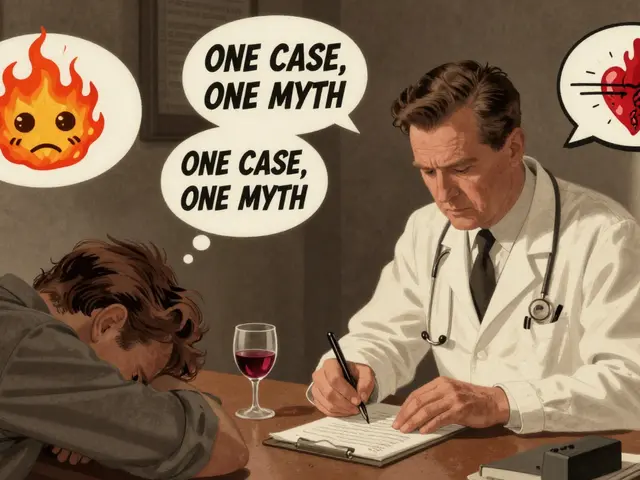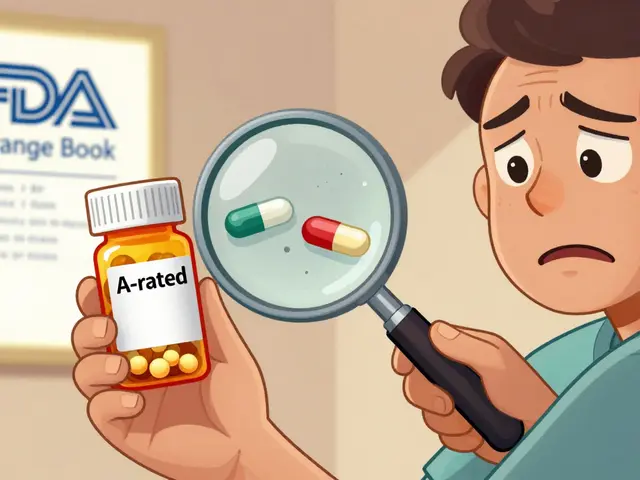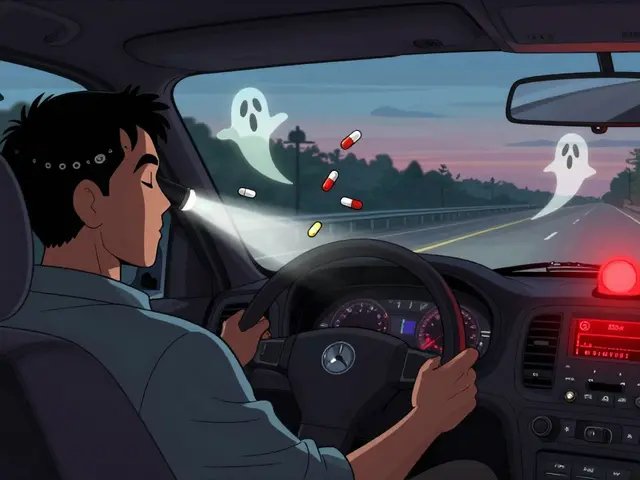Addiction Recovery: Practical Steps, Treatments, and Support
Feeling stuck by addiction is common, and getting out of it starts with practical choices you can make today.
Recovery isn't one-size-fits-all. Medical treatments, counseling, peer groups, and lifestyle changes often combine into a plan that fits your needs. Medications like naltrexone or acamprosate can reduce cravings for some people, while therapy types such as cognitive behavioral therapy (CBT) teach coping skills and relapse prevention. Some will need supervised detox and short-term inpatient care; others do well with outpatient programs and strong community support.
Choosing the right help means asking a few clear questions: What substance are you dealing with? How severe is the dependence? Do you have co‑occurring mental health issues? Who can support you day to day? Answering these guides makes treatment more effective and safer. A doctor or an addiction specialist can run assessments and suggest medications and therapy that match your situation.
Practical steps you can start today
Set one small goal: contact a clinic, make a doctor's appointment, or join a local support meeting this week. Remove easy triggers from your environment and plan safe alternatives for risky times, like a short walk or calling a supportive friend. Build a list of emergency contacts that includes a clinician and sober friends. If cravings hit hard, distraction and a breathing exercise can lower intensity for a few minutes—long enough to make a better choice.
How to compare treatment options
Look at evidence, side effects, and costs. For medications, ask how they work, what side effects to expect, and how long you might take them. For therapy, check if the clinician has experience with addiction and uses proven approaches like CBT or motivational interviewing. For rehab programs, compare length of stay, aftercare plans, and whether they help with housing or job support. Read patient stories but focus on measurable outcomes like reduced use, improved health, or sustained abstinence.
Family and friends often want to help but may not know what to do. Encourage them to learn basic relapse warning signs and to keep communication open without judgment. If you care for someone struggling, set healthy boundaries and guide them to professional resources rather than trying to fix everything yourself.
On this site you'll find clear guides, drug comparisons, and real practical tips. Check our featured post, "Best Disulfiram Alternatives," for a deep look at medications used to prevent alcohol relapse, their safety profiles, and cost considerations. Use our resources to talk with your doctor and build a realistic plan.
Recovery takes time and adjustments. Track progress in small ways: days sober, improved sleep, fewer cravings, or better mood. Celebrate those wins and revise the plan when something stops helping. If you ever feel unsafe, reach out to emergency services or a crisis line immediately.
If cost is a concern, ask about generic medicines, sliding scale clinics, telehealth options, and community programs. Many places offer free screening and referrals — ask local health departments or a primary care doctor for guidance today.
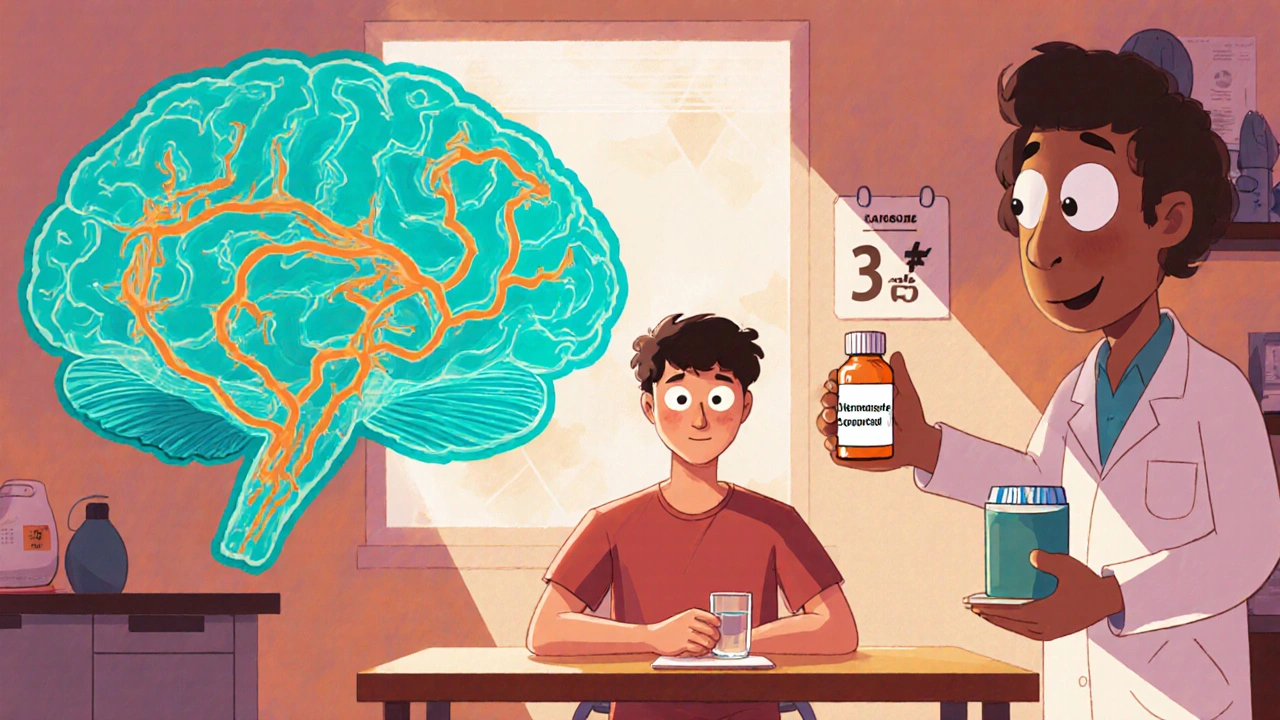
Acamprosate vs Alternatives: Choosing the Right Alcohol Dependence Medication
A detailed comparison of Acamprosate with Naltrexone, Disulfiram, and Baclofen, covering mechanisms, side effects, and how to pick the right alcohol dependence medication.
View More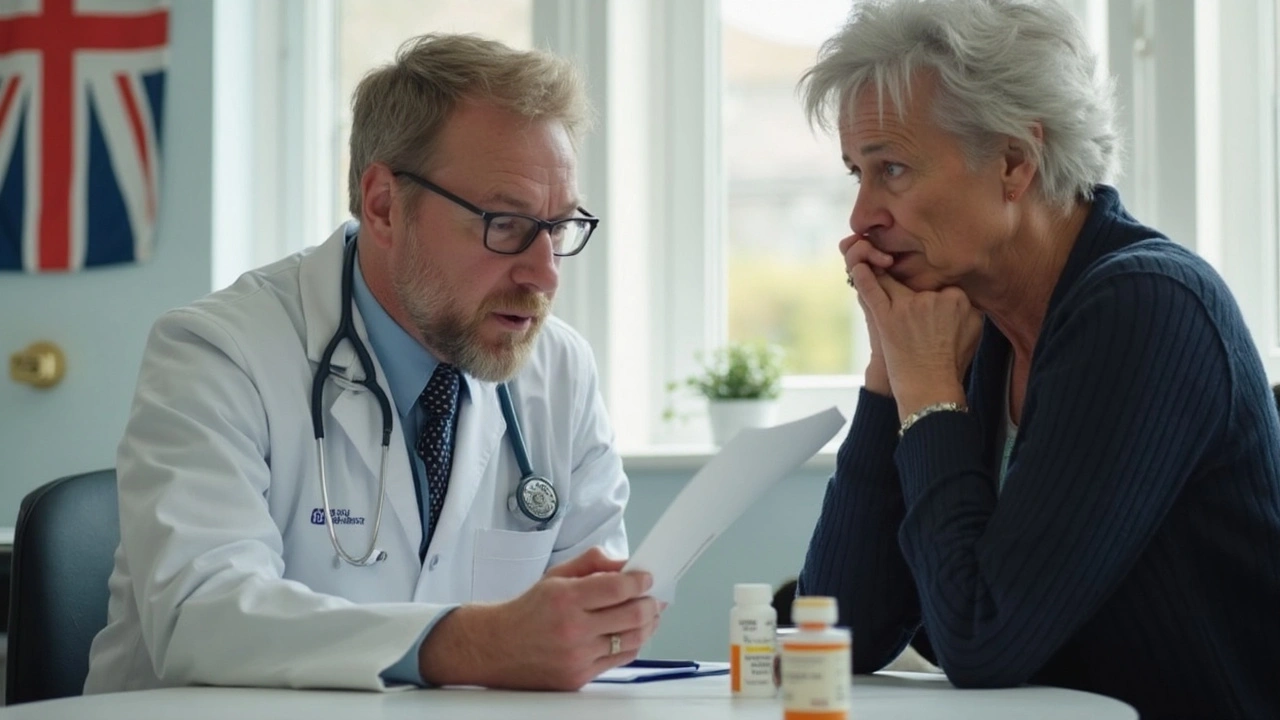
Best Disulfiram Alternatives: Comparing Efficacy, Safety, and Costs for Relapse Prevention
What actually works if you can’t or won’t take disulfiram (Antabuse)? This detailed guide looks at leading substitutes for disulfiram, weighing up their real-world effectiveness, what side effects you have to watch for, and how much they’ll hit your wallet. From naltrexone to acamprosate, we go far past the usual advice, laying out the gritty facts and practical tips so you can make a better-informed decision in partnership with your doctor.
View More
